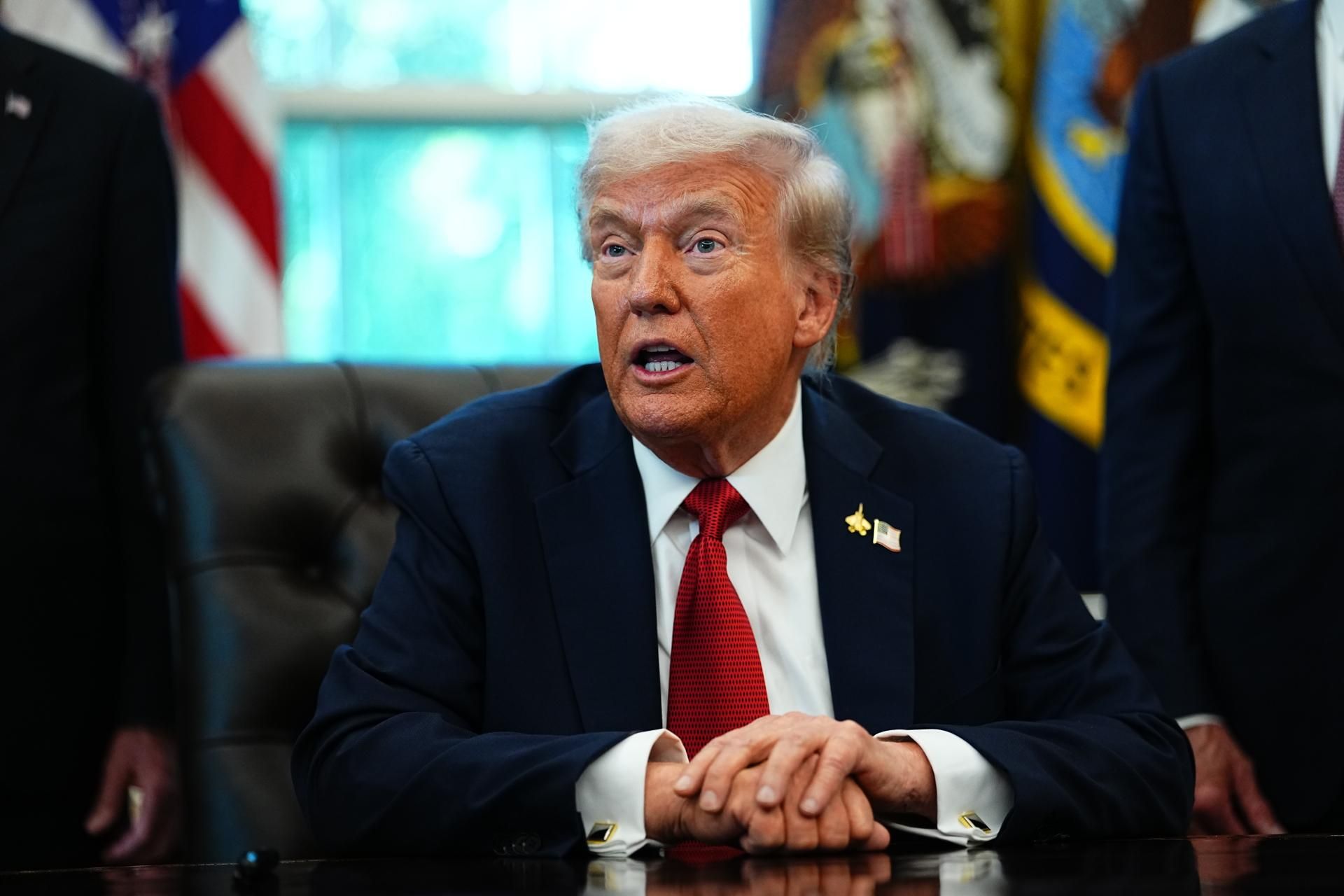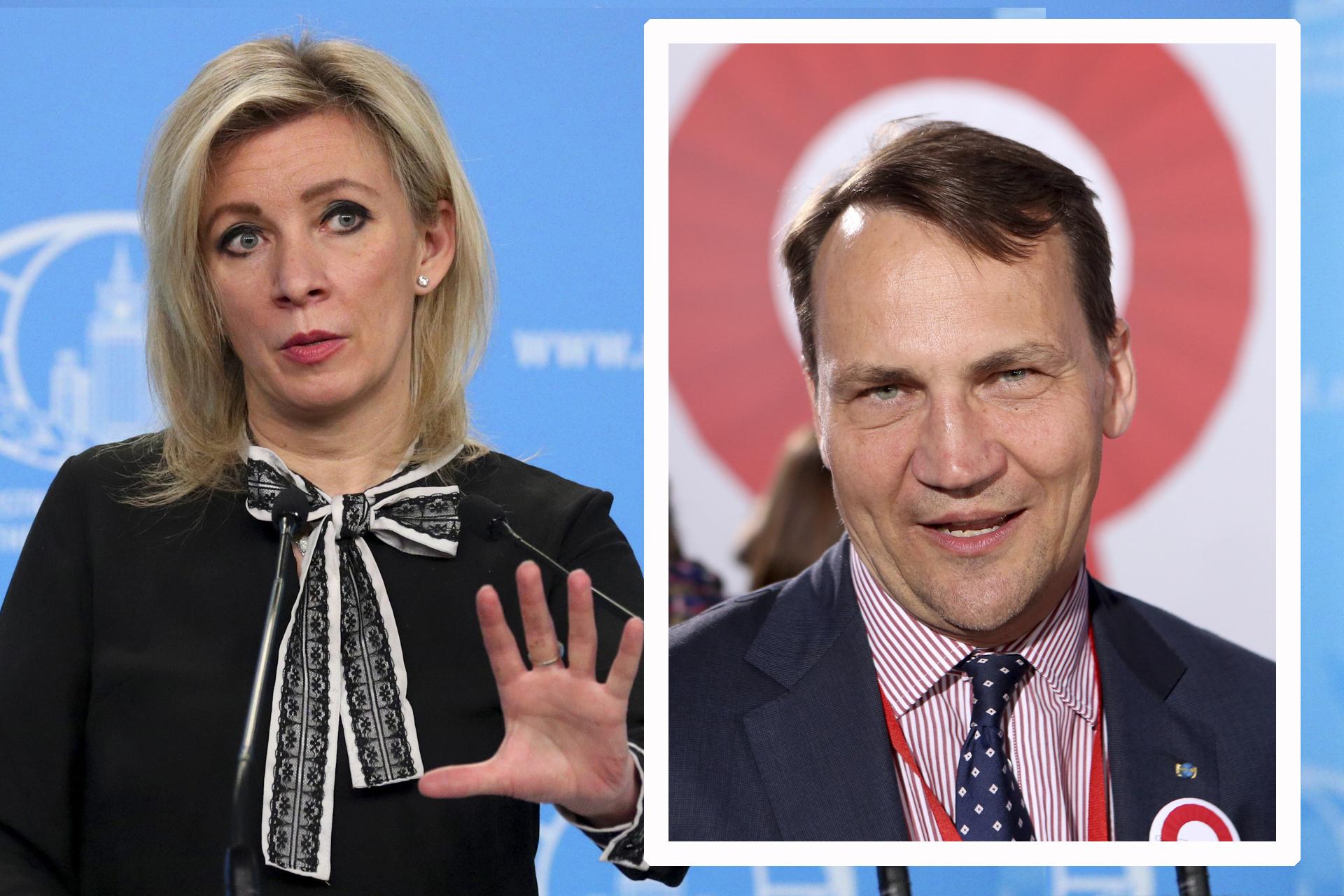
Neoliberal Economic Orthodoxy Is Now Up For Review
By Benjamin Picton, Senior Market Strategist at Rabobank
Equities again struggled for direction on a day with very little consequential economic data. US indices closed mixed with the Dow slightly in the red, while the S&P500 and NASDAQ both lifted enough to see the former close above the 6,300 level for the first time. European equities were similarly unsure, with the CAC40 falling 0.3% while the FTSE100 and German DAX both posted small gains. Asian markets were broadly higher but the ASX200 had its worst day since April to close more than 1% lower.
Treasury Secretary Scott Bessent appeared in a wide-ranging interview on CNBC. When pressed on whether he advised Trump not to try to fire Jerome Powell Bessent kept mum, but he did suggest that the Federal Reserve as an institution needs to be examined. “We should think has the organization succeeded in its mission? If this was the FAA and we were having this many mistakes, we would go back and look at why has this happened.”
We’ve been reasonably vocal for some time now that the shibboleths of neoliberal economic orthodoxy are now very much up for review. Given the recent attacks on Powell, it seemed fairly clear that central bank independence is one such area where ideas are being questioned from first principles and that the price of money may become subject to inconvenient democracy, or at least the free market. But could Bessent have something else in mind?
Bessent’s criticism of the Fed’s ability to fulfill its basic mission of providing stability to financial markets, regulating the banking system and conducting monetary policy might suggest that Trump could bypass questions of whether he has the legal authority to fire Powell and ‘do an Andrew Jackson’ by abolishing the central bank altogether.
Bessent went on to muse over “all these PHDs over there, I don’t know what they do. This is like universal basic income for academic economists.” The insinuation that the Fed is staffed by a cadre of highly-paid elites doing esoteric and largely useless busywork perhaps sits uncomfortably alongside claims in the FT today that ‘Fiscal Populism is Coming for Central Banks’ and the ‘US Government HR chief aims to institutionalize DOGE efficiency drive’.
On some views the tale of the tape is not flattering for the Fed. On financial stability they arguably played a major role in seeding the 2008 financial crisis via too-low interest rates after 9/11 and were then slow in responding once the crisis emerged (remember Bernanke saying sub-prime is “contained”?). On banking regulation they seem to have missed the vulnerabilities inherent in the balance sheets of Silicon Valley Bank and others (to say nothing of Bear Stearns, Lehman etc) which they then blew up through their conduct of monetary policy. On the question of monetary policy itself, many will remember the erroneous assurances that the inflation is transitory – a mistake repeated all around the world.
Further scepticism over the success of inflation targeting is perhaps warranted while supposedly inert physical gold outperforms the S&P500, physical silver is surging (currently testing resistance at $39/oz) and house prices decouple from the wages used to pay for them. All of that seems to suggest a general inflation underway, but the Fed has already cut rates three times and markets are pricing more.
Despite Bessent’s criticisms of the Fed, the Treasury curve bull flattened over the course of yesterday. Yields for US 10s fell 4bps to 4.38% while the 2-year yield fell 1bp to 3.86%. US bonds did underperform European sovereigns where France and Italy both saw 10-year yields fall by more than 10bps, while yields in Greece, Spain and Portugal weren’t far behind. Swedish bonds were a conspicuous underperformer, as were UK gilts.
As noted in this Daily yesterday, recent economic data for the US has mostly been better than expected. Right on cue, an article in the WSJ yesterday opined that ‘The U.S. Economy is Regaining Its Swagger’ and Bloomberg asked ‘Is Wall Street Still Too Bearish on the Impact of Tariffs?’
Maybe swagger comes before a fall, but for now it looks like US exceptionalism is making a comeback just in time for the August 1st tariff deadline.
Tyler Durden
Tue, 07/22/2025 – 11:00












